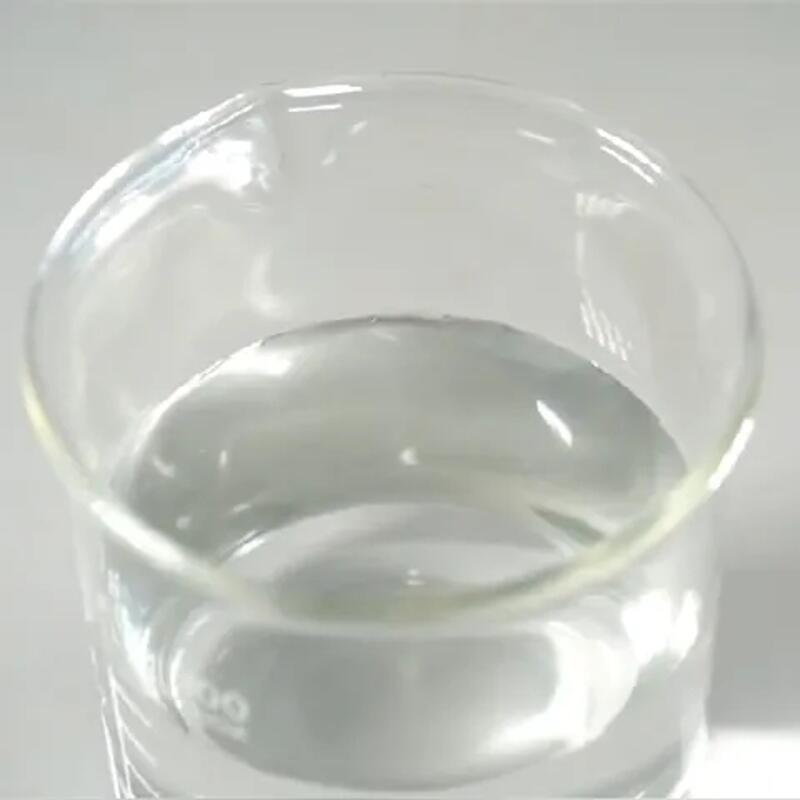-
Categories
-
Pharmaceutical Intermediates
-
Active Pharmaceutical Ingredients
-
Food Additives
- Industrial Coatings
- Agrochemicals
- Dyes and Pigments
- Surfactant
- Flavors and Fragrances
- Chemical Reagents
- Catalyst and Auxiliary
- Natural Products
- Inorganic Chemistry
-
Organic Chemistry
-
Biochemical Engineering
- Analytical Chemistry
-
Cosmetic Ingredient
- Water Treatment Chemical
-
Pharmaceutical Intermediates
Promotion
ECHEMI Mall
Wholesale
Weekly Price
Exhibition
News
-
Trade Service
BACKGROUND: Hypoglycemia in surgery can cause severe damage to the nervous system if not diagnosed and treated in a timely manner.
there is less research on risk factors for hypoglycemia in surgery.
study was designed to analyze the characteristics of children with hypoglycemia in surgery and to identify independent risk factors for hypoglycemia in surgery.
: This study included all children under the age of 18 who were drugged between 1 January 2012 and 31 December 2016.
the main indicators of this is blood sugar . . . . . . . . . . . . . . . . . . . . . L-1 (60 mg.dl-1).
data collected by the group included patient characteristics, combinations, and in-surgery factors.
multivariable Logistic model is used to detect independent predictors of hypoglycemia during surgery.
results: 7715 out of 73,592 children measured blood sugar, of which 271 (3.5%) had blood sugar. L-1 (60 mg.dl-1).
5 percentiles of young children who weighed less than their peers, stunting, retention of gastric or empty bowel tubes, and abdominal surgery were considered independent predictors of hypoglycemia during surgery.
80% of cases of hypoglycemia occur in children 3 years of age and weighing 15 kg.
conclusion: The 5th percentile of young children who weigh less than their peers, stunting, retention of gastric or empty bowel tubes, and abdominal surgery are independent risk factors for hypoglycemia in children.
these children may need to monitor blood sugar frequently and properly infusion such as glucose seepage solutions.
: Riegger LQ, Leis AM, Malviya S, et, al. Risk factors fortraoperative hypoglycemia in children: retrospective observational cohort study. (J) Can J Anaesth, 2020;02,27 (2). Risk factors for intraoperative hypoglycemia in children: retrospective observational cohort study AbstractPURPOSE: Intraoperative hypoglycemia can results in the dilative neurologic injury ify not to be found and treated. Few studies have defined risk factors for intraoperative hypoglycemia. The authors sought to the fields with the intraoperative hypoglycemia and the order independent risk factors. METHODS: This retrospective observational single-institution study included all patients slt; 18 yr of age ageding an anesthetic from January 1 2012 to December 31 2016. The primary outcome is blood glucose slt; 3.3 mmol L-1 (60 mg.dl-1). Data collected included patients, comorbidity, and intraoperative factors. A multivariable logistic regression model wesed to independent identify predictors of intraoperative hypoglycemia. RESULTS: Blood glucose was measured in 7,715 of 73,592 cases with 271 (3.5%) Having a glucose slt; 3.3 mmol L-1 (60 mg.dl-1). Young age, weight for age, 5th perile, developmental delay, presence of a gastric or jejunal tube, and abdominal surgery are identified as independent predictors for intraoperative hypoglycemia. Eighty percent of hypoglycemia cases are found in children's slt; three years of age and in children's 15 kg. CONCLUSION: Young age, weight for age; 5th perile, developmental delay, having a gastric or jejunal tube, and abdominal surgery independent risk factors for intraoperative hypoglycemia in children. Frequent monitoring of the blood glucose and judicious isotonic dextrose administration may be warranted in children these.Translation: Tang Jian Editor: Feng Yuxuan Review: Cao Ying Source: Poppy !-- Content Display Ends - !-- Determines whether or not the login ends.







